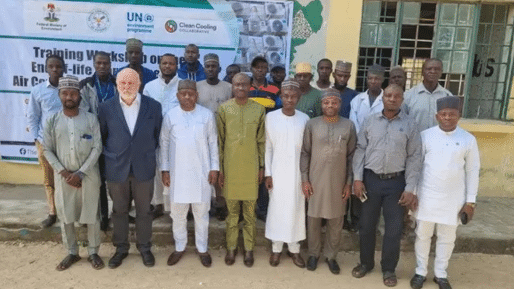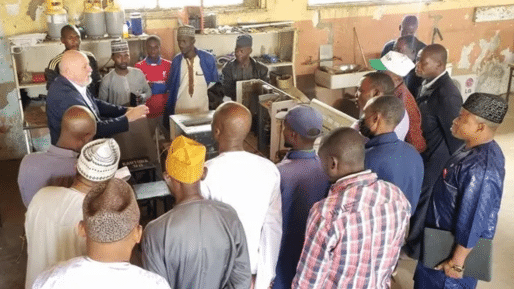Through the Ministry of Environment, the Nigerian government has provided training on 27-28 November 2024 at Kano City, Nigeria, for technicians in the cooling sector on the proper end-of-life management of air conditioners (ACs) and refrigerants.
This training was part of the project titled “Scaling Up Energy-Efficient and Climate-Friendly Cooling in Nigeria’s NDC Revision”, coordinated by the Energy Commission of Nigeria (ECN) with financial support from Clean Cooling Collaborative (CCC) and technical assistance from the United for Efficiency (U4E) initiative.
The workshop aimed to equip technicians with the skills necessary to sustainably manage outdated ACs. These efforts align with Nigeria’s broader goals of mitigating environmental and public health risks associated with obsolete cooling systems.
Speaking at the workshop, organised by the National Ozone Office (NOO) in partnership with ECN, U4E, and the CCC, the Minister of Environment, Balarabe Lawal, emphasised air conditioners’ pivotal role in enhancing human comfort. Represented by the NOO director, Engr. Idris Abdullahi, the minister highlighted the growing need to replace outdated AC models with more efficient, climate-friendly alternatives. However, he stressed that managing obsolete ACs requires more than freeing up physical space.
“These units contain refrigerants—mostly Hydrochlorofluorocarbons (HCFCs) and Hydrofluorocarbons (HFCs)—that deplete the ozone layer. Additionally, they contain materials like oils, which can be toxic and harmful to human health and the environment if mishandled. Proper disposal of old air conditioners is therefore essential for environmental protection and public health,” he stated.
Lawal further noted that effective management of end-of-life equipment and electronic waste contributes significantly to protecting the ozone layer and mitigating climate change. “This ensures a reduction in the environmental impact of hazardous waste and helps maintain a healthier environment,” he added.
Dr. Shehu Mustafa from ECN emphasised the initiative’s goal of building stakeholders’ capacity to address the health and environmental risks linked to improper AC disposal. “Our collective efforts focus on accelerating the transition to energy-efficient ACs with climate-friendly refrigerants, in line with Nigeria’s revised Nationally Determined Contribution (NDC),” he said.
Engr. Ismaila Lawal from SON stressed the importance of collaboration in implementing sustainable disposal standards. “As technology advances, we must work together to protect the environment through best practices,” he stated.
Etiosa Uyigue, Coordinator of the Nigeria Sustainable Cooling Project (NSCP), highlighted that the training aligns with the National Cooling Action Plan (N-CAP), which promotes sustainable management of air conditioners.
A participant, Muazu Musa, welcomed the initiative, noting that most technicians lack the training to properly dispose of obsolete equipment. He said the programme would empower participants with skills to minimise environmental harm.
For more information about U4E’s work in Nigeria and the project “Scaling Up Energy-Efficient and Climate-Friendly Cooling in Nigeria’s NDC Revision”, please contact Mzwandile Thwala (mz**************@**.org).




Leave a Reply